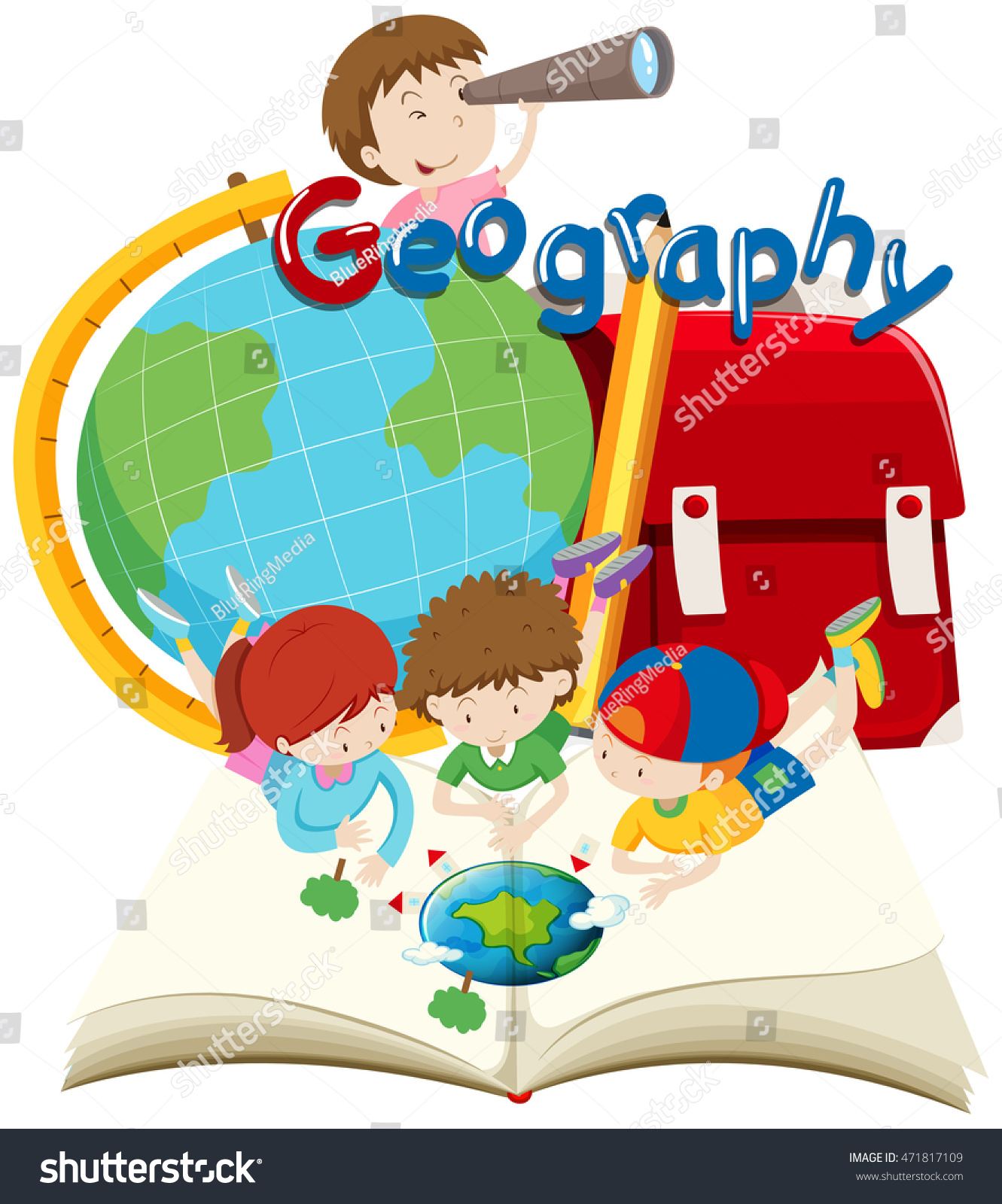
- 22 months ago
why geography is taught to student
why geography is taught to student
- Spatial Awareness and Mapping Skills: Geography develops
spatial awareness and mapping skills. It teaches students how to read and
interpret maps, understand scales, and analyze spatial data. These skills are
valuable in various fields, including urban planning, transportation,
logistics, and environmental management.
- Cultural and Social Awareness: Geography explores the
diversity of cultures, societies, and human activities across the globe. It
examines topics such as population distribution, migration patterns, cultural
landscapes, and economic activities. By studying geography, students gain an
understanding of different cultures, perspectives, and ways of life, fostering
cultural awareness and social understanding.
- Environmental Sustainability: Geography education promotes
environmental awareness and sustainability. It addresses environmental
challenges such as climate change, deforestation, water scarcity, and
biodiversity loss. By studying geography, students develop an understanding of
the interdependence between humans and the environment and learn about
sustainable practices and solutions to environmental issues.
- Global Interconnectedness: Geography highlights the
interconnectedness of the world. It explores the relationships between
different regions, countries, and societies in terms of trade, communication,
migration, and cultural exchange. By studying geography, students gain a global
perspective, understanding the complexities of globalization and the importance
of international cooperation and understanding.
- Disaster Management and Risk Assessment: Geography education
equips students with knowledge and skills related to disaster management and
risk assessment. It explores natural hazards, such as earthquakes, hurricanes,
and floods, and examines strategies to mitigate their impacts. By studying
geography, students learn about preparedness, response, and recovery measures
in the face of natural disasters.
- Career Opportunities: Geography opens up various career
opportunities. Geographers work in fields such as urban planning, environmental
management, tourism, cartography, and geographic information systems (GIS). A
strong foundation in geography can lead to diverse and rewarding careers that
involve spatial analysis, data interpretation, and problem-solving.
In summary, geography education provides students with an
understanding of the Earth's physical and human features, develops spatial
awareness and mapping skills, promotes cultural and social awareness, and
fosters environmental sustainability. Studying geography equips students with
knowledge and skills that are relevant in various professional fields and
contributes to a broader understanding of the world and its interconnectedness.
